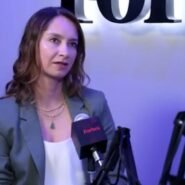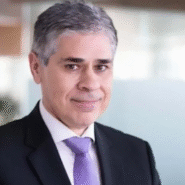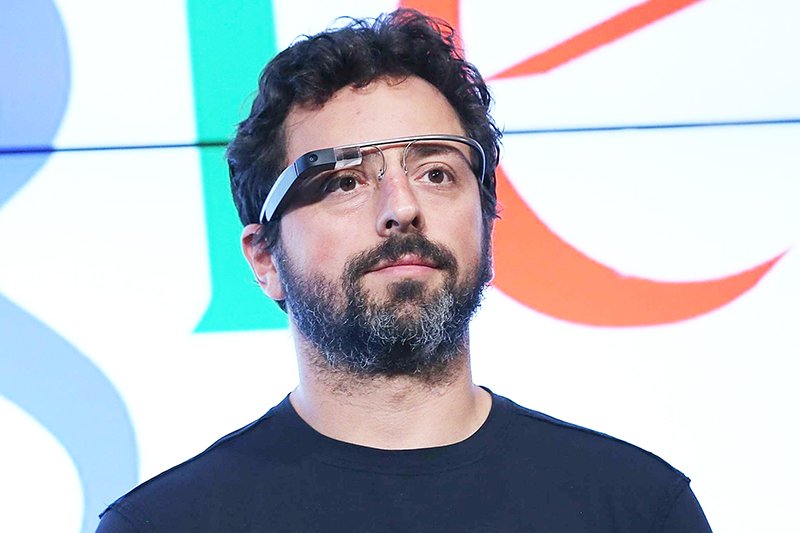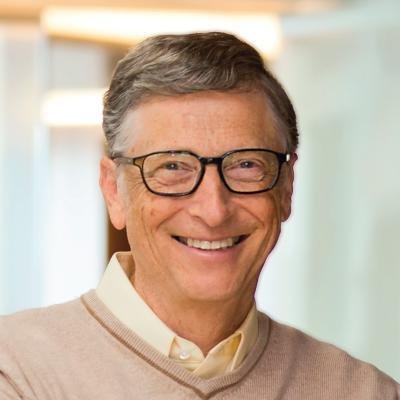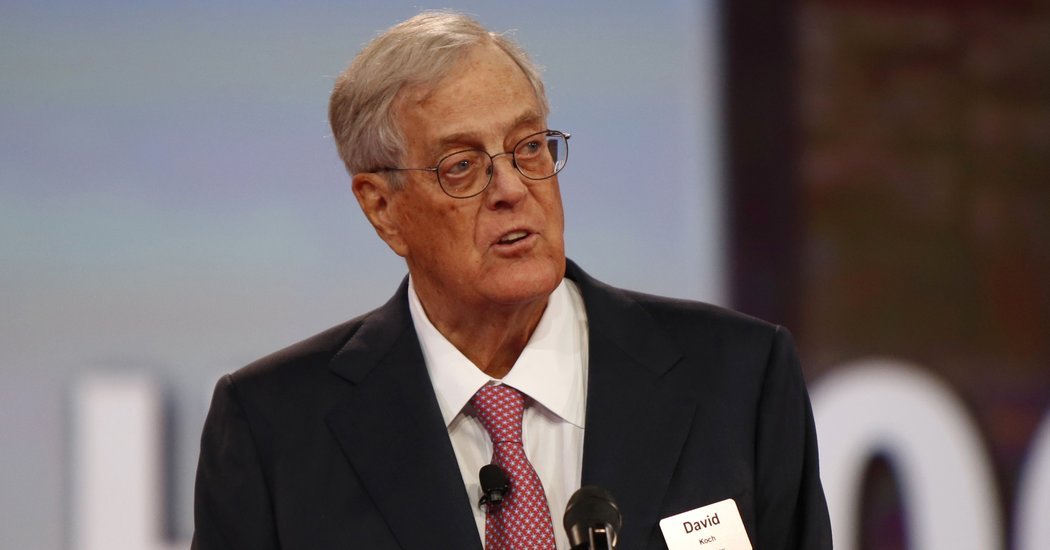Paul Allen was born in Seattle on January 21, 1953. He was an American businessman and magnate. Together with his friend Bill Gates, he co-founded Microsoft.
Allen attended a private school in Seattle, where he became friends with Bill Gates, who was three years younger than him. They bonded over their shared love for computers.
At the age of 14, Allen became a computer enthusiast. He enrolled at Washington State University but dropped out after two years to work with Bill Gates on writing commercial software for the new personal computers.
They founded Microsoft in Albuquerque, New Mexico, in 1975 and began by selling a BASIC language interpreter. Allen played a decisive role in securing a deal that allowed Microsoft to purchase an operating system called MS-DOS for $50,000. This deal enabled Microsoft to fulfill its contract to supply the operating system for IBM’s new personal computers. It marked the beginning of a remarkable and sustained period of growth for the new company.
Allen had to resign from the company in 1983 after being diagnosed with Hodgkin’s disease, which he overcame after many months of radiation therapy and a stem cell bone marrow transplant.
He returned to the company in 1990, but by then Bill Gates had already become the richest man in the world. That same year, Allen rejoined Microsoft in an executive role and also created Vulcan Ventures, a venture capital fund focused on cable and broadband services.
Among his costly hobbies, Allen was a sports enthusiast. He paid $70 million for the NBA team Portland Trail Blazers and later $200 million for the NFL team Seattle Seahawks, who won their first title in 2014. He also became one of the minority owners of the MLS team Seattle Sounders FC.
In early 2000, Allen decided to leave the company entirely and resigned from all positions. In an emotional statement signed by Bill Gates himself, Gates acknowledged Allen’s contributions to the company’s success. Allen would continue to serve as a strategic advisor. That year, he sold $68 million worth of shares but still owned 138 million, which remained part of his wealth.
His fortune was estimated at $17.1 billion.

